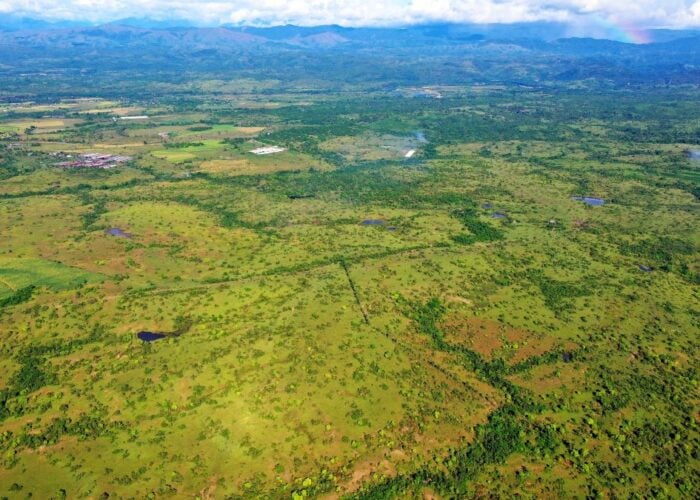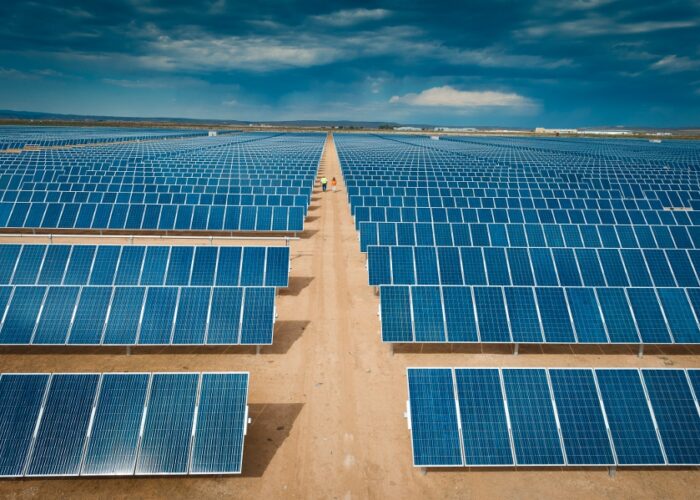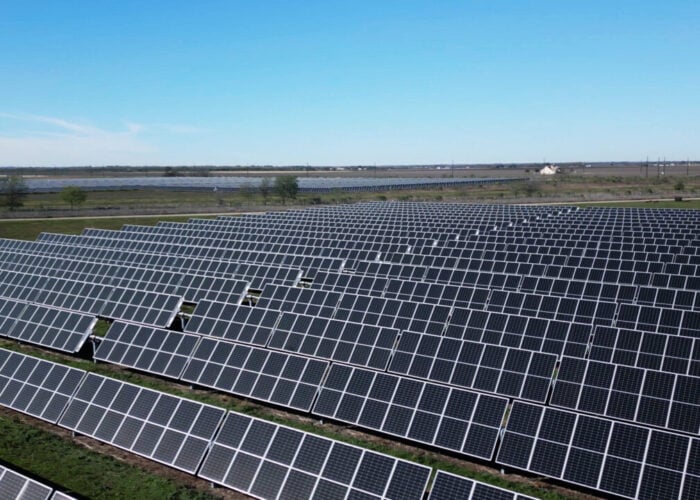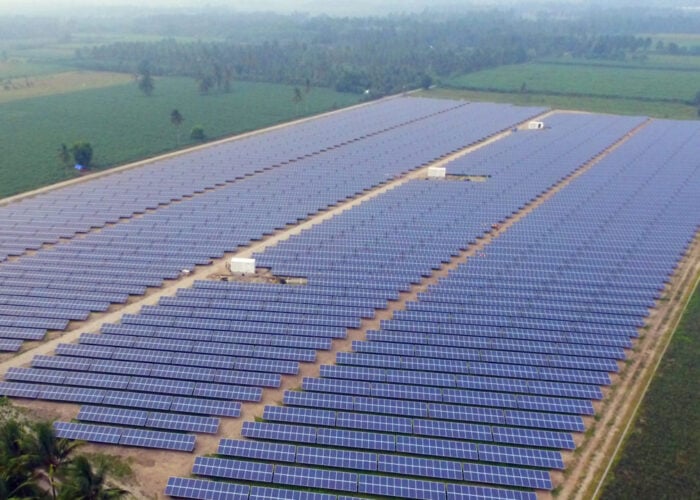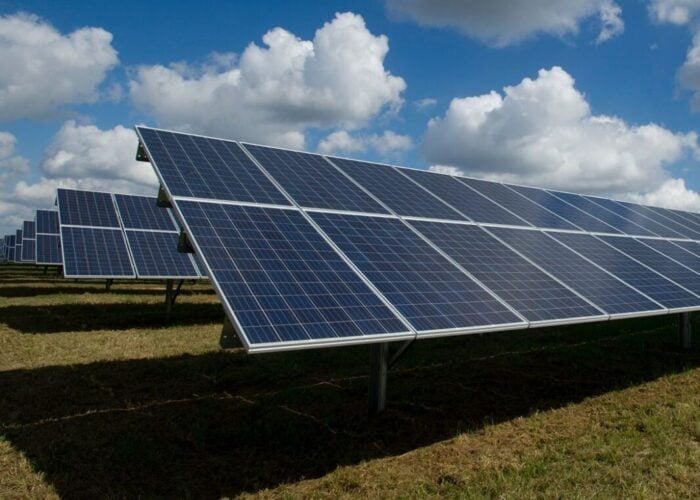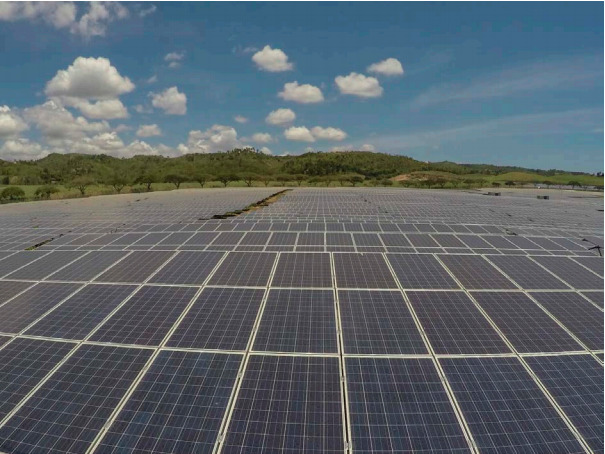
Major Filipino power firm Aboitiz Power Corp is in early-stage planning to invest nearly PHP34 billion (US$672 million) in around 1GW of wind and solar power in Pangasinan, on the west side of the island of Luzon in the Philippines.
An Aboitiz Power spokesperson confirmed to PV Tech that the company recently presented its potential renewable energy projects to the provincial board of Pangasinan as part of the permitting process for power projects, but added that these projects are in the very early stages of pre-development and are still subject to further evaluation, and the necessary board and regulatory approvals. Thus, the company cannot provide details as of this time.
Try Premium for just $1
- Full premium access for the first month at only $1
- Converts to an annual rate after 30 days unless cancelled
- Cancel anytime during the trial period
Premium Benefits
- Expert industry analysis and interviews
- Digital access to PV Tech Power journal
- Exclusive event discounts
Or get the full Premium subscription right away
Or continue reading this article for free
The proposed projects would include around 650MW of solar capacity in San Manuel, Labrador, Bugallon, Aguilar, Mangatarem, Infanta and Mabini, with another 325MW of wind energy in Aguilar, Bugallon and Mangatarem.
The firm has already signed an agreement with the Department of Environment and Natural Resources as the projects would be located on public and forest land.
In April 2013, AboitizPower announced its entry into the rooftop solar space via a new business unit called Aboitiz Power Distributed Energy, Inc. (APX). It was considering projects in Luzon and Visayas at that time.
The firm first entered the solar power market in 2016 with its large-scale 59MW San Carlos Sun (Sacasun) project in San Carlos City, Negros Occidental.
The Philippines' Department of Energy (DoE) last month called for comments on a draft programme that brings in new rules for renewable energy auctions and a green energy tariff. Large-scale PV projects have been held up in the past by executive scandals at the Energy Regulatory Commission (ERC) impacting project approvals as well as a continued focus on adding coal-fired powerplants.


